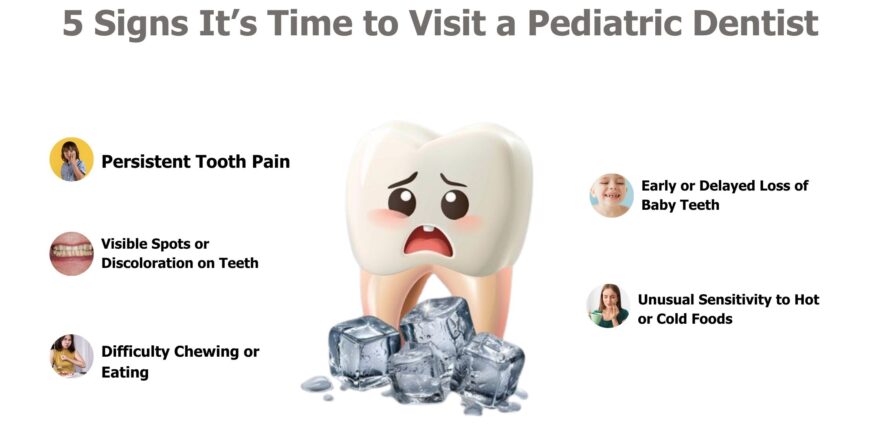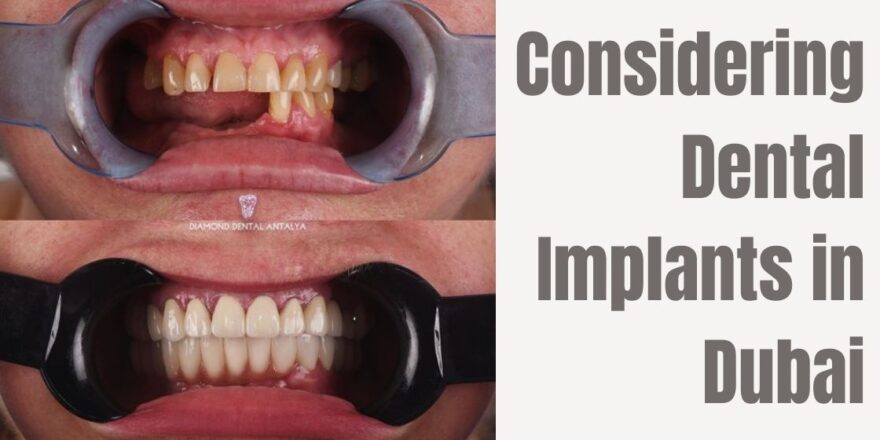Undergoing oral surgery is a significant decision that requires thorough preparation. Whether you’re planning to have wisdom teeth removed, dental implants placed, or corrective jaw surgery, understanding every aspect of the process is essential. One of the most effective ways to prepare is by having an open conversation with your surgeon. Asking the right questions can provide clarity, reduce anxiety, and help ensure a successful outcome. This blog outlines the most important questions to ask your surgeon before oral surgery, enabling you to make informed decisions.
1. What Will the Procedure Involve?
Start by understanding the details of your specific surgery. Some helpful questions include:
- Why is this procedure necessary?
- What will happen during the surgery?
- What should I expect as the final outcome?
Your surgeon should clearly explain the purpose of the surgery and the steps involved, ensuring you know exactly what to expect.
2. What Are the Benefits and Risks?
Every surgical procedure comes with both advantages and potential risks. It’s essential to understand these before making your decision. Ask:
- What are the primary benefits of this surgery?
- Are there any complications or risks I should be aware of?
- How will the surgery improve my oral health or quality of life?
Understanding the pros and cons will help you weigh the necessity of the surgery against potential risks.
3. How Experienced Are You With This Type of Surgery?
Your surgeon’s experience plays a vital role in the success of your procedure. Inquire about their expertise:
- How many times have you performed this surgery?
- What is your success rate with this procedure?
- Are you specially trained or certified in this type of surgery?
A highly experienced surgeon is more likely to deliver excellent results and handle unforeseen challenges effectively.
4. What Anesthesia Will Be Used?
Anesthesia is a critical part of any surgical procedure. Ask your surgeon to explain the type of anesthesia that will be used and what it entails:
- Will I receive local anesthesia, sedation, or general anesthesia?
- What are the risks and side effects of this type of anesthesia?
- How should I prepare for the anesthesia?
Having this information can help reduce pre-surgery anxiety and prepare you for what will happen during the procedure.
5. What Preparations Should I Make Before Surgery?
Proper preparation can make your surgery and recovery process smoother. Discuss pre-surgery requirements such as:
- Any dietary restrictions or fasting requirements.
- Medications to stop or adjust beforehand.
- Lifestyle changes, such as quitting smoking, if applicable.
These preparations will help minimize risks and improve surgical outcomes.
6. What Can I Expect During Recovery?
Understanding the recovery process is crucial for planning your post-surgery care. Ask your surgeon:
- How long will the recovery period last?
- What are the common side effects during recovery?
- Are there specific aftercare steps I need to follow?
Additionally, ask about warning signs of complications so you can act quickly if something seems wrong.
7. How Much Will the Procedure Cost?
Surgical procedures can come with significant costs, so it’s important to be clear about the financial aspects. Questions to consider include:
- What is the total cost, including the surgeon, anesthesia, and facility fees?
- Does my insurance cover part or all of the expenses?
- Are there payment plans or financing options available?
Being transparent about costs will help you avoid financial surprises later.
8. Are There Non-Surgical Alternatives?
It’s worth exploring whether there are less invasive options available. Ask:
- Are there alternative treatments that could address my issue?
- What are the risks and benefits of these alternatives compared to surgery?
- What happens if I decide not to proceed with the surgery?
Exploring all available options ensures you’re making the most suitable choice for your needs.
9. What Should I Bring or Prepare for on Surgery Day?
The day of your surgery will require careful planning. Make sure to ask:
- What documentation or forms do I need to bring?
- Should I arrange for someone to drive me home afterward?
- Are there any other specific items or preparations needed?
Being organized on the day of surgery will help reduce stress and make the experience as smooth as possible.
10. What Are the Long-Term Outcomes?
Oral surgery often has lasting effects on your oral health. Ask your surgeon about:
- How will the procedure improve my dental health or overall quality of life?
- Are there any permanent changes or benefits I can expect?
- Will I need any follow-up procedures or long-term maintenance?
Knowing the long-term impact helps you understand how the surgery will benefit you beyond the initial recovery.
11. Can I See Examples of Your Work?
Seeing examples of your surgeon’s past cases can provide reassurance about their expertise. Request:
- Before-and-after photos of patients who underwent similar procedures.
- Patient testimonials or reviews about their experiences.
- References, if available, to speak to previous patients.
This information can boost your confidence in the surgeon’s skills and the expected results.
12. How Will Pain Be Managed After Surgery?
Pain management is a key concern for most patients. Be sure to ask:
- What medications will I be prescribed to manage pain?
- Are there any non-medication methods to alleviate discomfort?
- How long should I expect to feel pain or discomfort?
Proper pain management can make the recovery process far more manageable.
13. What Should I Know About Post-Surgery Diet and Oral Hygiene?
After oral surgery, you may need to modify your diet and oral care routine. Discuss:
- Which foods should I avoid or focus on during recovery?
- When can I resume normal brushing and flossing?
- Are there any special rinses or products I should use?
Following your surgeon’s advice will promote healing and prevent complications.
14. What Should I Do in Case of an Emergency?
It’s essential to have a plan in case complications arise. Make sure to ask:
- Who should I contact if I experience an emergency after surgery?
- What symptoms indicate I should seek immediate help?
- Should I go to a hospital or return to the clinic in case of severe issues?
Having a clear plan will provide peace of mind as you recover.
15. Why Is Your Clinic a Good Choice for This Procedure?
If you’re based in the UAE and searching for oral surgery Dubai, make sure to ask your surgeon about the advantages of their practice. Factors to consider include:
- Use of advanced technology and techniques.
- Experience and qualifications of the surgical team.
- Commitment to patient comfort, safety, and satisfaction.
Choosing a reputable clinic ensures you receive high-quality care tailored to your needs.
Final Thoughts
Preparing for oral surgery involves more than just showing up on the scheduled date. By asking the right questions, you can gain a better understanding of the procedure, ensure you’re working with a qualified surgeon, and prepare for a successful recovery. Don’t hesitate to ask for clarification or additional details—your health and peace of mind are the top priority.




